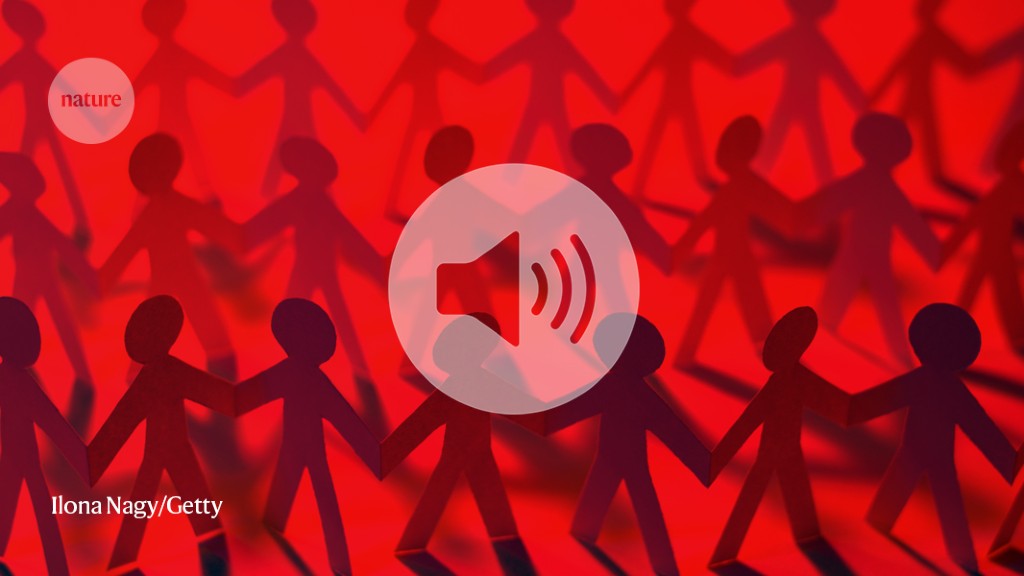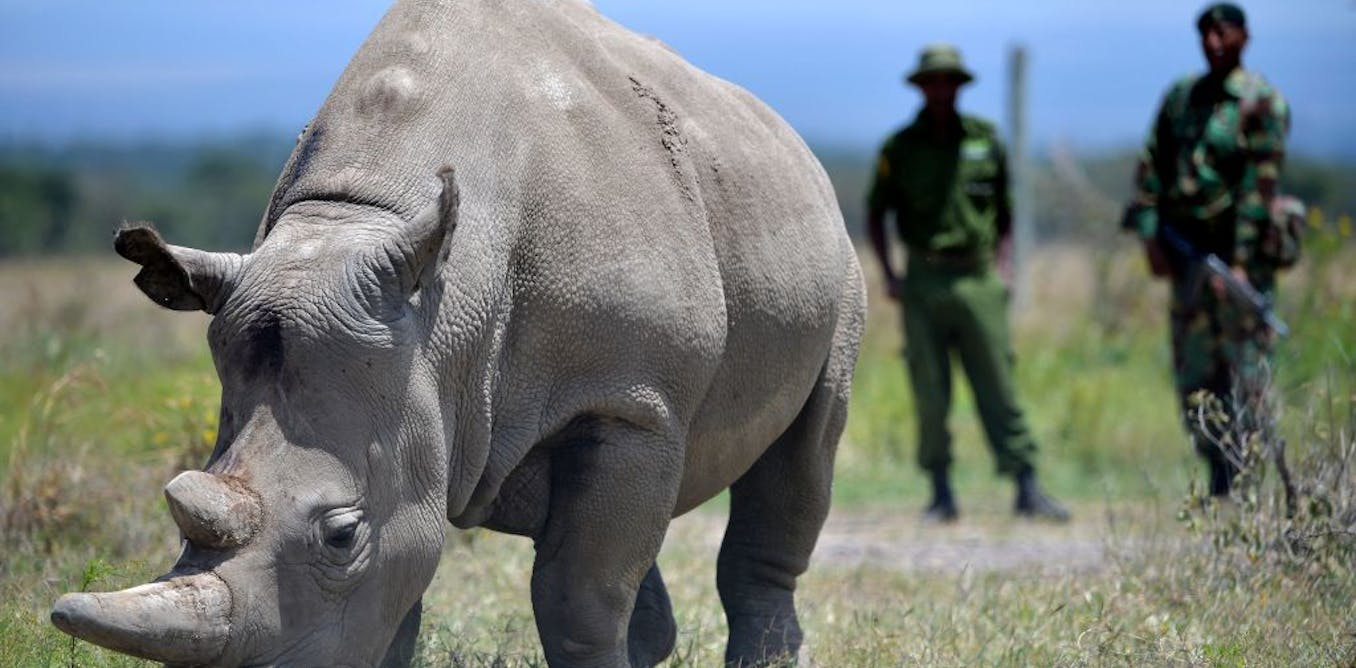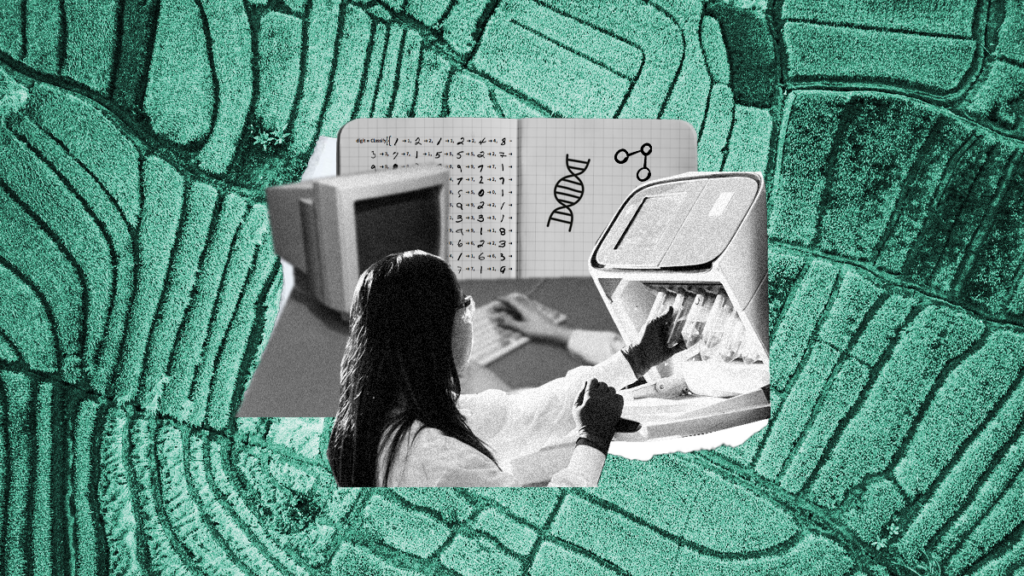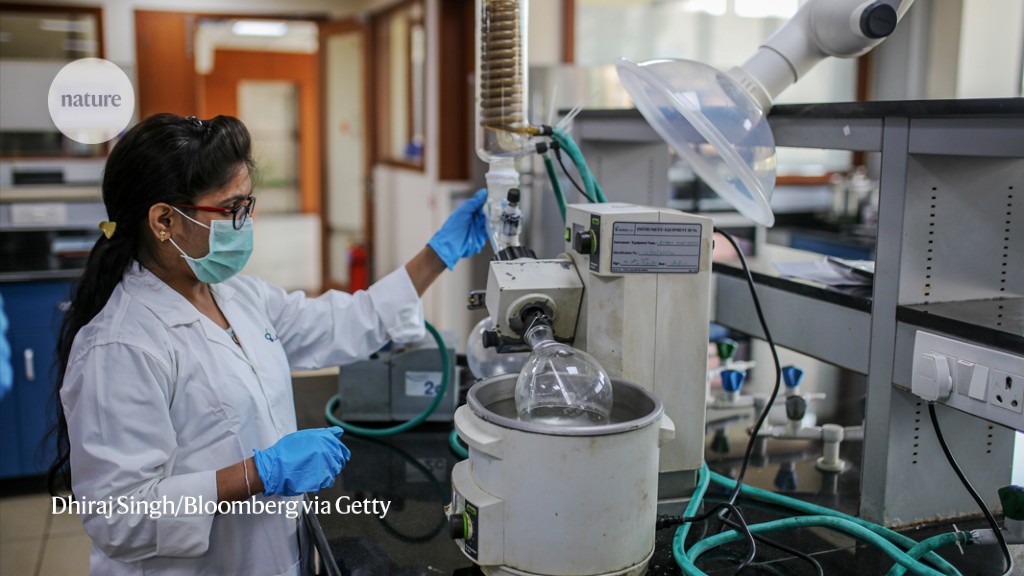web articles
Send us a link
Being a Scientist: In the Name of Perseverance
Between honoring her immigrant family and making her children proud, a first-generation PhD student fights for her place in academia.
The Home Science Labs of English Noblewomen

"Just Get the Admin to Do It." Why Research Managers Are Feeling Misunderstood
"Just Get the Admin to Do It." Why Research Managers Are Feeling Misunderstood

Riding the Whirlwind: BMJ's Policy on Artificial Intelligence in Scientific Publishing
Riding the Whirlwind: BMJ's Policy on Artificial Intelligence in Scientific Publishing

Scientists Celebrate As UK Rejoins Horizon Europe Research Programme

Comparing Data Policy Priorities Around the World
There are important differences in how countries treat and value data. This report compares key data policies in China, India, Singapore, the United Kingdom, and the European Union.
White House seeks input on tightening rules for risky pathogen research
Request for comment suggests government may soften controversial proposed restrictions.
Australia Grapples with How to Investigate Scientific Misconduct

The Party Rules: China's New Central Science and Technology Commission
In March 2023, the Chinese government issued the “Reform Measures of the Party and State Organizations,” which included the establishment of the Central Science and Technology Commission (CSTC).

Supporting open science in the Arab world
The Arab region comprises 22 member states across the Gulf, North Africa, and Sub-Saharan Africa. Although economic circumstances, and available human, physical and digital capacities vary widely across these 22 states, the region as a whole has the resources and capability to play a pivotal role in the global transition towards more accessible, sustainable and inclusive research and education models.
Thousands of Scientists Are Cutting Back on Twitter, Seeding Angst and Uncertainty
Thousands of Scientists Are Cutting Back on Twitter, Seeding Angst and Uncertainty

Microsoft AI Suggests Food Bank As a "Cannot Miss" Tourist Spot in Canada

When Aggression is Viewed As Brilliance, It Hurts Women in Science, and Science Itself
When Aggression is Viewed As Brilliance, It Hurts Women in Science, and Science Itself
Tearing down ideas is central to scientific practice, but when it bleeds into the interpersonal, science loses its humanity.

How to Grow Rhinos in a Lab: the Science That Could Save an Endangered Species

The Younger Generation Fighting Sexual Harassment at Swiss Universities
The Younger Generation Fighting Sexual Harassment at Swiss Universities
Public awareness campaigns have not stemmed sexual harassment at Swiss universities. A new generation of women is taking matters into their own hands.

Chinese Academics Are Becoming a Force for Good Governance

Among U.S. postdoc applicants, researchers of color often fare worst
Among U.S. postdoc applicants, researchers of color often fare worst
Many researchers of color are at a disadvantage when applying for postdoctoral positions. That’s one of the main findings of a new study of 22,098 applications for 769 scientific postdoc positions at nine U.S. universities.
Bans, Flagships, and a Green Pivot: The State of EU-China Research Relations
Bans, Flagships, and a Green Pivot: The State of EU-China Research Relations
China's involvement in Horizon Europe is becoming increasingly restricted to environment-focused and basic research, but is still holding up despite geopolitical headwinds and the disruption to face-to-face contact caused by the pandemic.
Governance of AI in Bio: Harnessing the Benefits While Reducing the Risks

The Murky Waters of Publication Fraud
Scientific fraud has been a problem from the beginning of documented science - but in recent years the issue has exploded.

Karl Popper on Falsification: Science Vs. Pseudoscience

CERN and NASA Join Forces to Commit to a Research Future That is Open and Accessible for All
CERN and NASA Join Forces to Commit to a Research Future That is Open and Accessible for All
A summit, entitled “Accelerating the Adoption of Open Science”, took place at CERN from 10 to 14 July, bringing together representatives from 70 scientific institutions to discuss how to develop and implement open science policies across the globe.
Quick Grants from Tech Billionaires Aim to Speed Up Science Research. But Not All Scientists Approve
Quick Grants from Tech Billionaires Aim to Speed Up Science Research. But Not All Scientists Approve

Science History: In the Shadow of Oppenheimer




